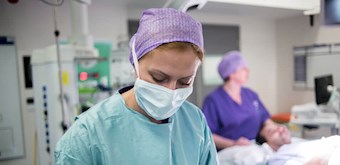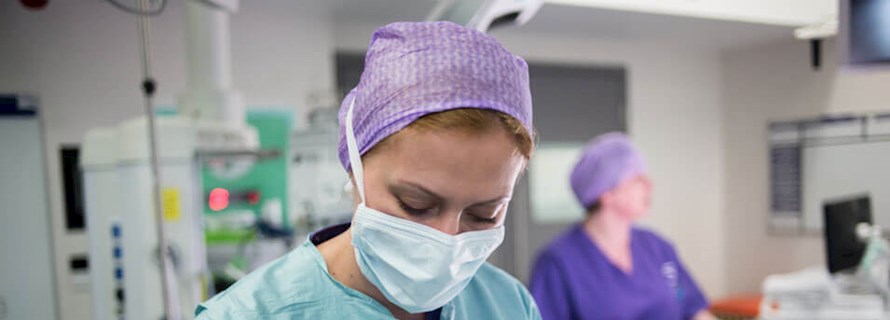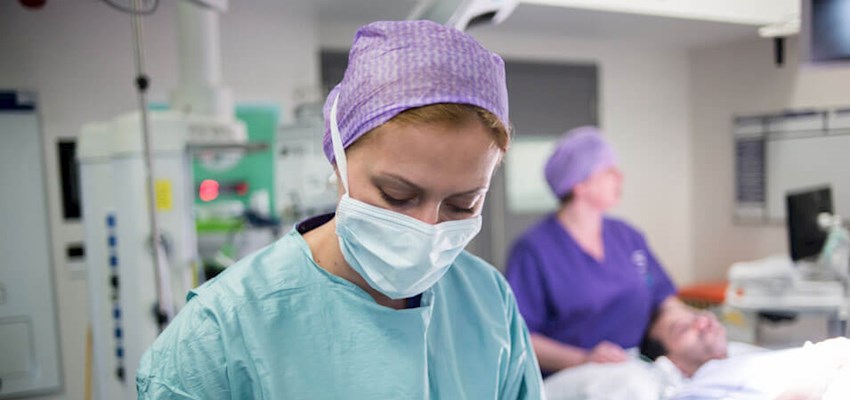Injection therapies (sports medicine)
Injection therapies for sports injuries
HCA UK sports medicine consultants use a range of injection therapies to help minimise damage caused by sports injuries.
About injection therapies in sport
We use a range of injection therapies, including ultrasound guided injections (also known as corticosteroid injections) and platelet rich plasma (PRP) injections, to reduce inflammation, minimise scar tissue and promote tissue regeneration.
These are used in peripheral joints and around tendons and also for spinal conditions and weak ligaments.
These are used in peripheral joints and around tendons and also for spinal conditions and weak ligaments.
Need to know
-
What happens during an injection? icon plus
Corticosteroid injections are used to treat joint inflammation (synovitis) in the shoulder, knee and hip, triggered by a sports injury.
A scan will determine the exact point of injection and the radiologist may remove excess fluid with a needle if your joint is swollen. They will inject corticosteroid and local anaesthetic into your joint (or the soft tissue surrounding it) using the ultrasound to guide them.
PRP injections involve taking your blood using a small needle, separating the platelet-rich part of the blood and injecting it back in to promote healing. This can be used to treat conditions such as tennis elbow and hamstring injuries. -
How to prepare icon plus
Corticosteroid injections typically take around 10-15 minutes. As this is a routine procedure, little preparation is needed. It uses local anaesthetic, which means you’ll be awake but won’t feel any pain.
PRP injection therapy is quick and generally painless (although you may find it uncomfortable).
Injections are often combined with a rehabilitation programme, including physiotherapy, to aid your return to sport and help prevent any further injury. -
After your injection icon plus
As the local anaesthetic wears off after corticosteroid injections, your joint may feel sore. This can last for a few days, but you'll start to feel the benefits after around five days. It can take a week or two to take full effect.
Sometimes the injection may produce a 'steroid flare', temporarily irritating the joint lining. Very rarely, you may experience severe pain, which can be a symptom of an infection.
It’s very rare to experience adverse side effects or reactions after PRP injections, as you are being treated with your own blood. You may notice a little redness or soreness around the treated area, but this should clear up quickly.
Our sports medicine consultants
We're proud to work with leading experts across a range of medical fields, whose skills are matched by their integrity and compassion.




Our locations
From complex sports injuries to diagnostic tests and physiotherapy, we provide exceptional sports medicine care across our network of hospitals, outpatient centres and specialist clinics.
Book an appointment
Our team can help with any enquiries or you can make an appointment with one of our experienced consultants.
Call us today
020 7079 4344
This content is intended for general information only and does not replace the need for personal advice from a qualified health professional.